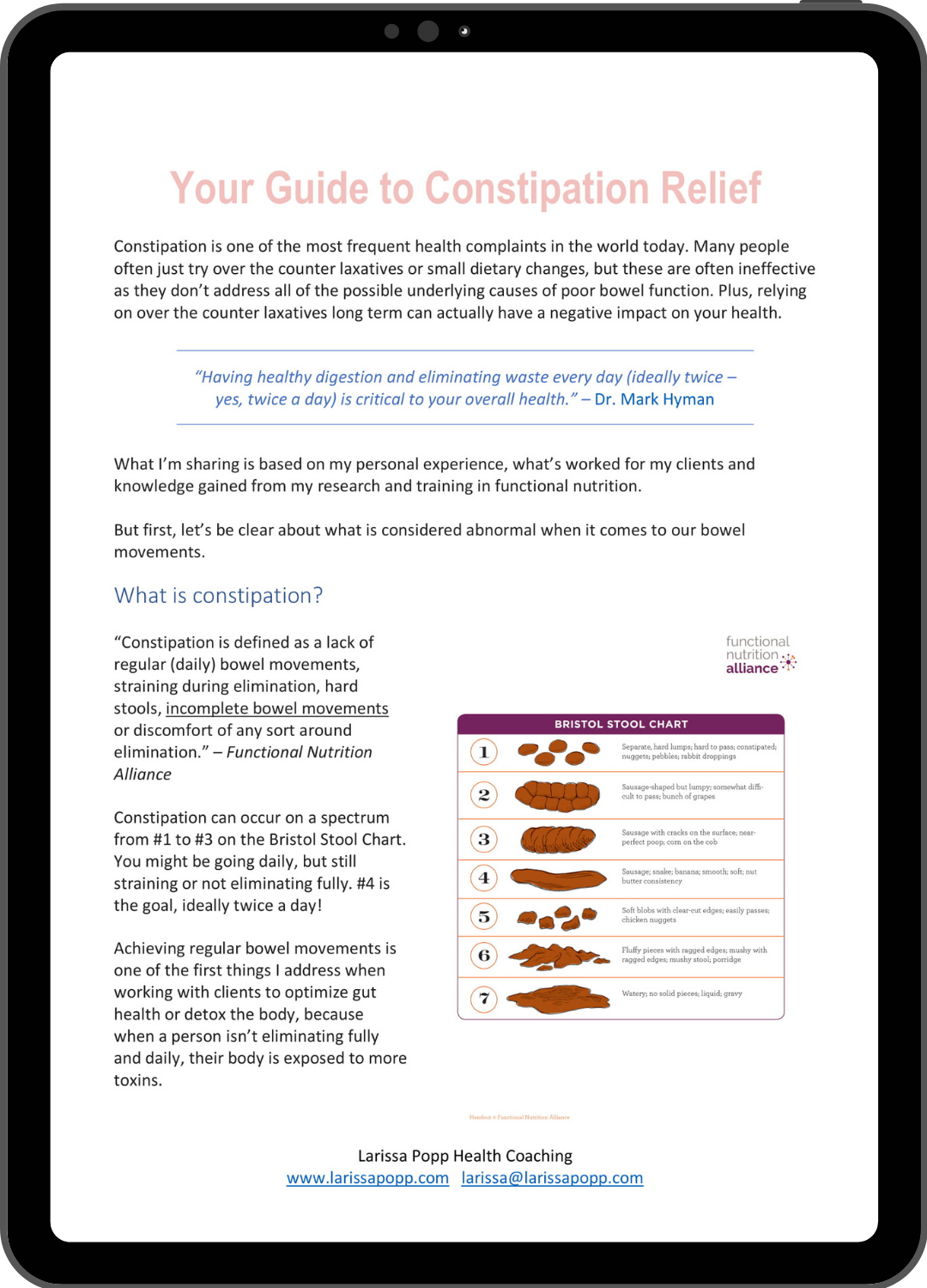
According to Doctors Dean and Ayesha Sherzai, MDs, and co-directors of the Brain Health and Alzheimer’s Prevention Program at Loma Linda University, the following 20 foods are the top common foods available most widely, that can significantly optimize the health of our brain and prevent dementia.
Tragically, alzheimer’s rates are continuing to increase, and it’s an irreversible disease without a cure.
However, according to Drs. Sherzai over 90% of Alzheimer’s cases can be prevented with simple changes to diet and lifestyle!
So…be sure to eat more of these foods on a regular basis to keep your brain in tip top shape as you age!
- Avocados
Avocados are packed with mono-unsaturated fats, which support brain structure and flow. Olives and macadamia nuts are other foods rich in monounsaturated fats. Avocados are best however because they are also very high in fiber!
2. Beans
Legumes are the one food group that has consistently been linked to longer lifespan in populations around the globe!
3. Blueberries
Wild blueberries esp., are very high in antioxidants, as well as other dark colored berries such as black raspberries, blackberries, or black mulberries as I’ve been enjoying currently here in Kurdistan Iraq
TIP: keep a bag of berries in your freezer at all times to throw in smoothies and oatmeal when you don’t have fresh berries on hand or in season).
4. Broccoli
TIP: to get the most nutrients, cut & let broccoli sit 40 minutes before cooking.
5. Coffee (as long as your body tolerates the caffeine)
TIP: choose organic fair trade coffee
6. Dark Chocolate
TIP: choose 70% cacao or higher, or add raw cacao powder or cacao nibs to smoothies and desserts
7. Flaxseed
TIP: make sure to buy whole ones and keep in the fridge or freezer, then freshly grind enough for a few days at a time and store in the fridge or freezer in an opaque glass container to prevent oxidation and rancidity. Or buy sprouted ground flax which is shelf-stable — this is what I prefer, also for the taste.
8. Herbal tea
Mint, lemon balm and hibiscus are especially anti-inflammatory and thus excellent for brain health.
9. Herbs (such as cilantro, dill, rosemary, thyme, oregano, basil, mint, and parsley)
TIP: always use herbs in your cooking, either dried or fresh; herbs contain 10 times more antioxidants than berries!
10. Leafy greens
Among all foods on this list, dark leafy greens should definitely be part of your daily diet. Studies have shown that those who eat the most leafy greens (esp. Including cruciferous ones like kale and arugula) halted their mental decline by 11 years or longer. (TIP: have at least one serving of darky leafy greens every day, but it’s better to have at least two servings per day!)
11. Mushrooms
Even the simple white button mushroom! — According to Ayesha: “The common mushrooms are as good as the medicinal ones, whether they’re fresh or dried. Overall, mushrooms are incredibly high in anti-inflammatories, and they’ve been known to reduce inflammation in blood vessels, especially in the brain.
12. Nuts
The healthy unsaturated fats found in nuts are linked to a reduction in the risk of Alzheimer’s in multiple studies (TIP: enjoy at least one handful of raw nuts daily).
13. Omega 3 fatty acids (derived from algae)
DHA omega 3s (found in certain algae and fish) can significantly decrease one’s chances of developing alzheimer’s; flax, chia, and hemp seeds, as well as walnuts are good sources of ALA omega 3s which the body can convert to DHA, but the efficiency of conversion varies from person to person.
14. Quinoa
It’s used like a cereal grain, but quinoa is actually a seed that contains all essential building blocks for brain cells and their supporting structures; it’s also a complete protein (TIP: use instead of rice, add to salads, or make quinoa porridge).
15. Other Seeds (esp. chia and sunflower which are high in vitamin E)
TIP: Either grind your chia seeds first (or blend into smoothies), or soak them and chew well to get the maximum benefit from consuming them.
16. Spices
Cinnamon, cloves, marjoram, allspice, saffron contain the highest amount of antioxidants per ounce.
17. Sweet potatoes
TIP: If you have the chance to buy Japanese purple sweet potatoes, definitely do! Okinawans (who are one of the healthiest and longest living populations), don’t actually eat a lot of white rice as most Japanese do, but instead enjoy purple sweet potatoes as a staple starch in their diet. Try having a sweet potato for breakfast!
18. Tea (esp. green and white teas)
I’m sure you’ve heard that green tea is great for the health, but even oolong and black tea have benefits for brain health, as long as you’re not consuming with milk and sugar.
19. Turmeric
This spice is so powerful that it gets a spot of its own, separate from the other spices mentioned above. Enjoy turmeric by using more curry powder in your cooking, or sip on a cup of golden milk.
20. Whole grains
Oats and quinoa are great, but also try less common ones such as buckwheat, amaranth and millet which are also complete proteins and pseudo-grains, just as quinoa; or for something really special, try black rice which another rich source of anthocyanins, the antioxidants found in berries.
For more details on the above foods and their link to brain health, see this infographic from Drs. Dean and Ayesha Sherzai.
References:
Top 20 Brain Health Foods from Team Sherzai, https://teamsherzai.com/wp-content/uploads/2018/02/Top20BrainHealthFoods_JUNE2018.pdf
Brain Food: 8 Superfoods Your Brain Will Love, e-report written by Ocean Robbins. Download for free at: https://www.foodrevolutionsummit.org/brain/


